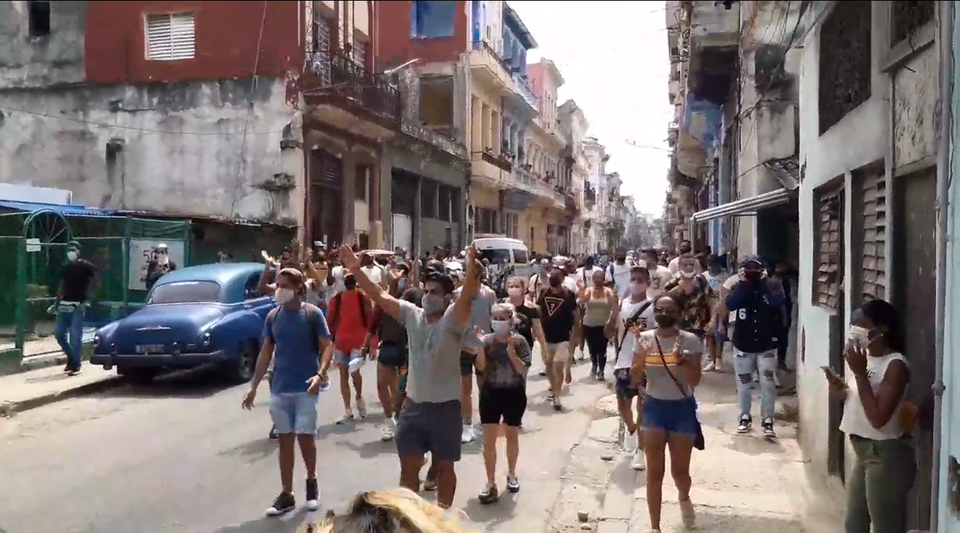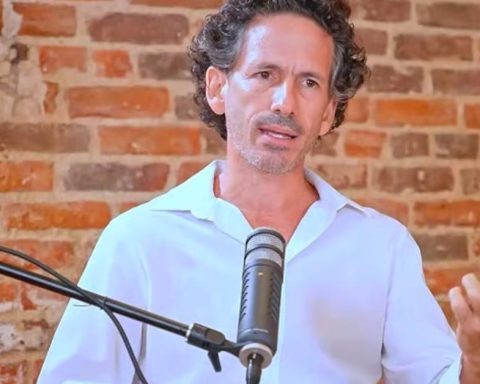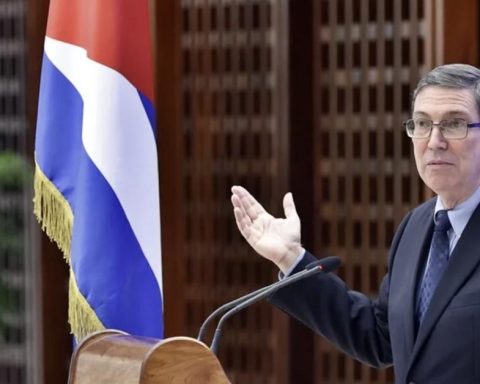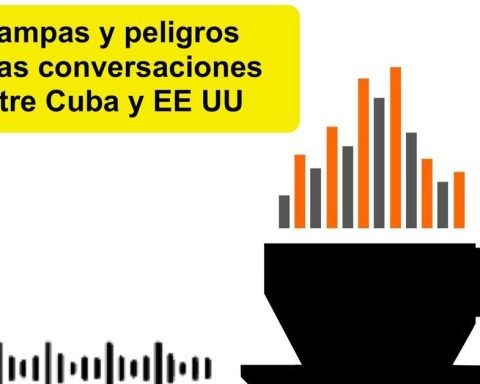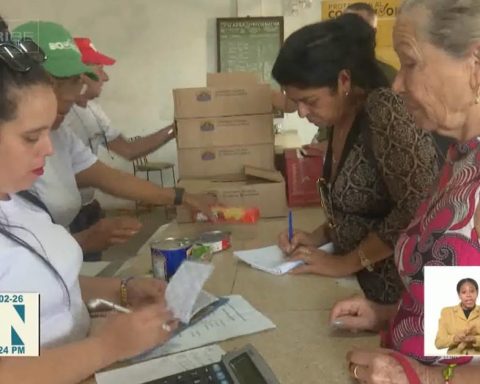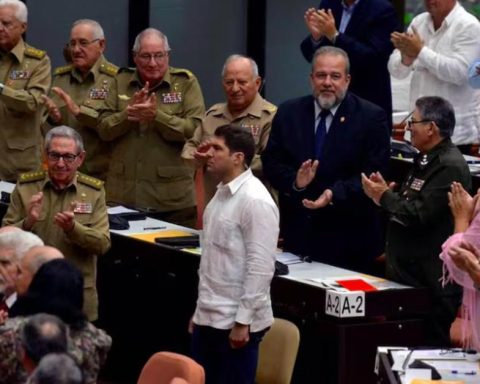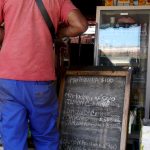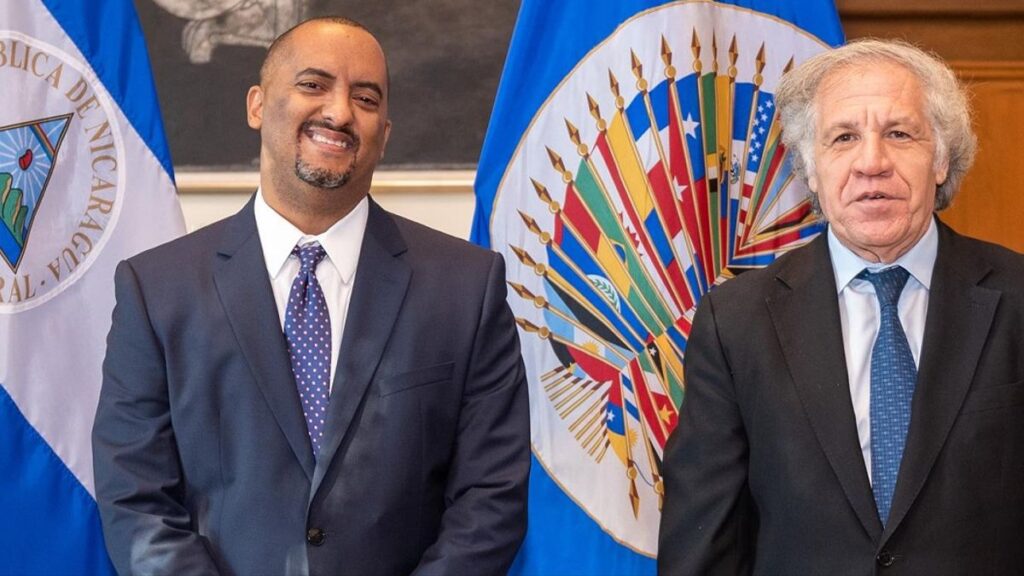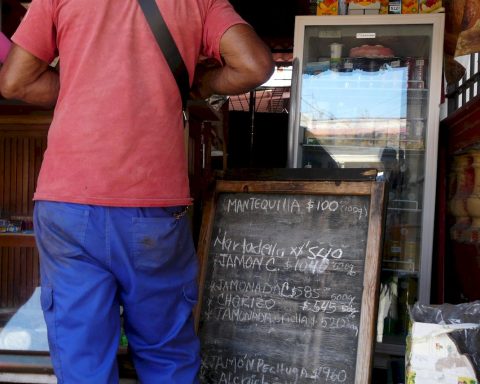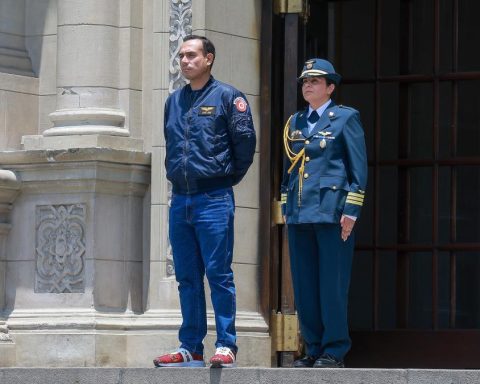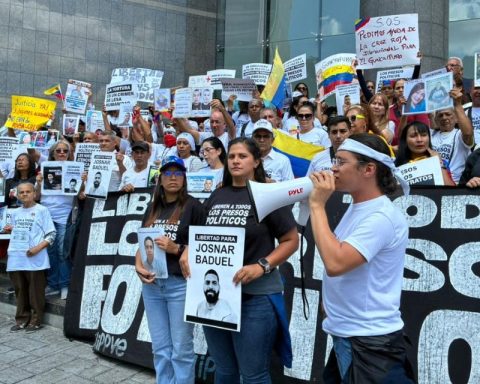If, as is to be expected, the text is approved as it stands draft of the new Penal Code in Cuba, activists and independent journalists will be “extremely exposed” to the arbitrariness of State Security. This is emphasized in a report published by the Legislative Observatory of Cuba, the initiative within the DemoAmlat network that analyzes the new regulations on the island as a result of the Constitution approved in 2019.
The document, presented this wednesday In an online event in which the specialists Johanna Cilano and Carlos Hernández spoke from Mexico, the tight control and opacity of the Island Government over the Penal Code stands out, in the face of the publicity that, from the highest authorities to the official provincial press , has given the Family Code, submitted to “popular consultation” since last February 1.
In addition, it denounces the new regulations that criminalize activities that are legal in any other country in the world, such as the exercise of independent journalism or associating to protest or change a law, as well as leading a civil society that is not permitted by the State.
Cilano stressed that the context for approving the new legislation is clearly marked by the protests of July 11, and that the objective is to limit citizen participation
As an example, the report mentions article 143 of the draft law, which establishes sentences of up to ten years in prison for those who receive funds “by themselves or on behalf of non-governmental organizations, international institutions, associative forms or any natural or legal person of the country or of a foreign State” to “defray activities against the State and its constitutional order”. This, Johanna Cilano pointed out in the presentation, includes international top-ups on a mobile phone.
Also, DemoAmlat denounces, “it violates the right to financing of organized civil society, as well as against the legitimate limitations to freedom of expression according to the American Convention on Human Rights.”
Cilano stressed that the context for approving the new legislation is clearly marked by the protests of July 11, and that the objective is to limit citizen participation in public affairs.
As the report says, the bill “proves to be a product of the moment, offering the regime tools that allow it to legalize arbitrariness; deepen the criminalization of independent media, journalists and human rights activists; inhibit citizen articulation based on associativism civil society; censor and promote self-censorship of journalists, activists and human rights defenders”.
Similarly, and as analyzed Reinaldo Escobar For this newspaper, the death penalty remains in force in the new norm as a “latent threat of the regime against opponents”, according to the DemoAmlat text.
The network concludes, in summary, that the preliminary draft of the Penal Code, “to be approved presumably in April 2022, without popular consultation, represents dangers for citizens.”
________________________
Collaborate with our work:
The team of 14ymedio is committed to doing serious journalism that reflects the reality of deep Cuba. Thank you for joining us on this long road. We invite you to continue supporting us, but this time becoming a member of our journal. Together we can continue transforming journalism in Cuba.
